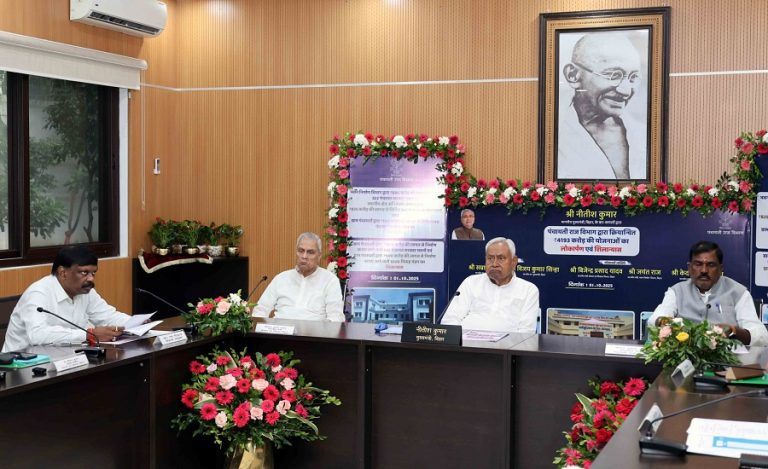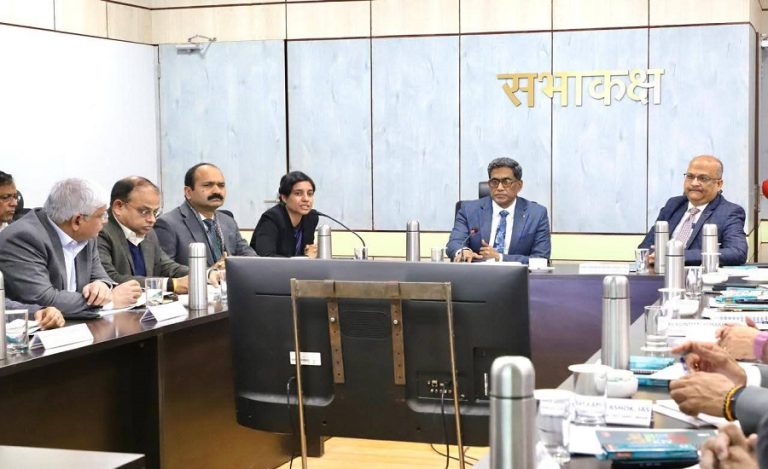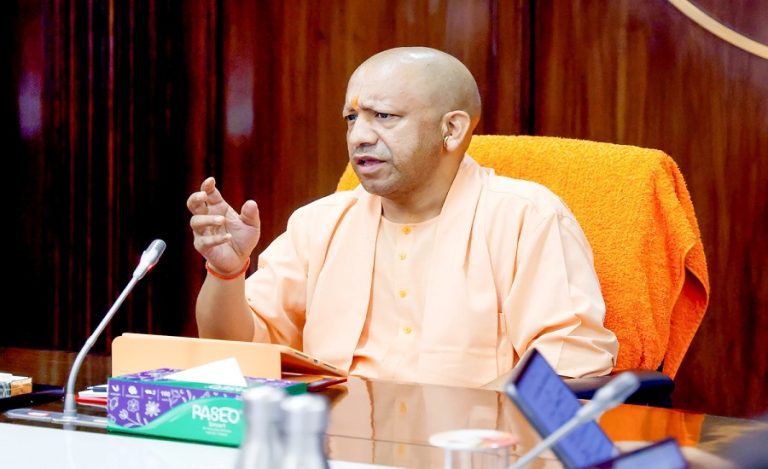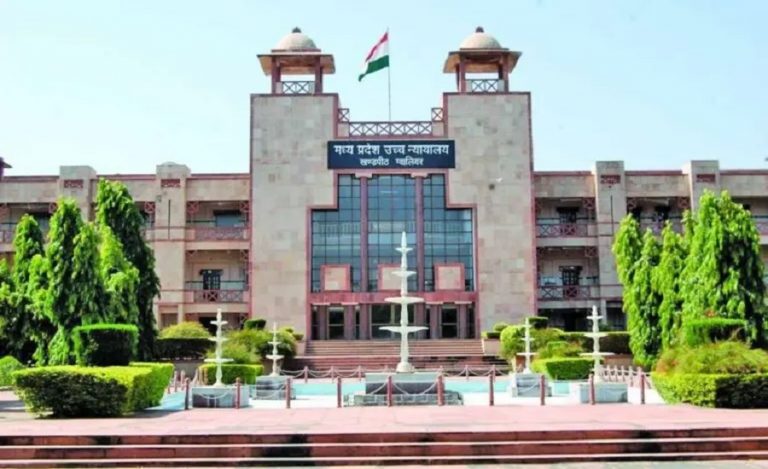Dehradun: In a significant push for ecological justice and fiscal equity, the Uttarakhand government has urged the 16th Finance Commission (FC) to substantially revise the tax-sharing formula to reflect the state’s critical role in forest conservation and environmental services. The state has requested that the weightage for ‘Forest and Ecology’ in Centre-State tax devolution be increased from 10% to 20%, and the ‘Area’ category weightage from 15% to 20% – a move Chief Minister Pushkar Singh Dhami described as essential to uphold the spirit of “Environmental Federalism.”
CM Dhami Highlights Eco-Service Burden
In a meeting held at the Secretariat in Dehradun on Monday, Chief Minister Dhami presented a detailed case before Finance Commission Chairman Arvind Panagariya and other members, highlighting the financial challenges posed by Uttarakhand’s ecological responsibilities. Over 70% of the state’s geographical area is under forest cover, which, while crucial for environmental sustainability, imposes considerable development and fiscal constraints.
“On one hand, we bear heavy expenditure for forest conservation; on the other, development is restricted due to forest area protections. This leads to what we call the ‘eco-service cost’—and the state should be duly compensated for this,” Dhami asserted.
Calls for Special Grants and Revised Criteria
The state has requested special grants for forest conservation and proper management, as well as financial support for disaster preparedness and water conservation efforts. The CM also demanded that the Total Fertility Rate (TFR) be removed from the criteria used for tax devolution and called for recognition of fiscal discipline as a rewarding parameter.
Dhami recommended a new set of weights in the tax-sharing formula–
- Income Distance: 40% (down from 45%)
- Population: 15%
- Area: 20% (up from 15%)
- Forest and Ecology: 20% (up from 10%)
- Tax Effort: 2.5%
- TFR: To be dropped
He also proposed a shift from the current Revenue Deficit Grant model to a more dynamic Revenue Need Grant system, arguing that Uttarakhand’s unique topography leads to higher capital and maintenance costs.
Development Achievements and Challenges
Highlighting the state’s development journey, Dhami noted that Uttarakhand has crossed a budget size of ₹1 lakh crore, reduced its unemployment rate by 4.4%, and registered an 11.33% rise in per capita income, exceeding the national average. The state also ranked among the top performers in the NITI Aayog’s SDG Index 2023-24.
However, he emphasized that geographic and logistical challenges continue to limit private sector participation in critical sectors like health and education, particularly in hilly areas. Since the end of the Industrial Concessionary Package in 2010, the state has struggled with locational disadvantage, making it imperative for the Centre to provide special financial provisions.
Hydropower Losses and Pilgrimage Burden
The CM also raised concerns about the impact of Ganga being declared a national river, which has restricted hydropower development, causing significant revenue and employment loss. He urged the Commission to consider compensation mechanisms for affected projects.
Uttarakhand, a major pilgrimage destination, also bears the infrastructure burden of a large floating population, especially during the Char Dham Yatra. “We need additional funding for transportation, drinking water, waste management, and emergency services,” Dhami said.
Panagariya Acknowledges State’s Concerns
Speaking to the press after the meeting, FC Chairman Arvind Panagariya acknowledged Uttarakhand’s contributions and challenges. He noted that while the 15th Finance Commission had set the states’ share of central taxes at 41%, the specific allocations depend on multiple criteria.
“We have taken note of the issues raised. Uttarakhand’s case, like that of other hill states, will be deliberated in detail. The 16th Finance Commission aims to submit its report to the central government by October 31, 2025,” he added.




























